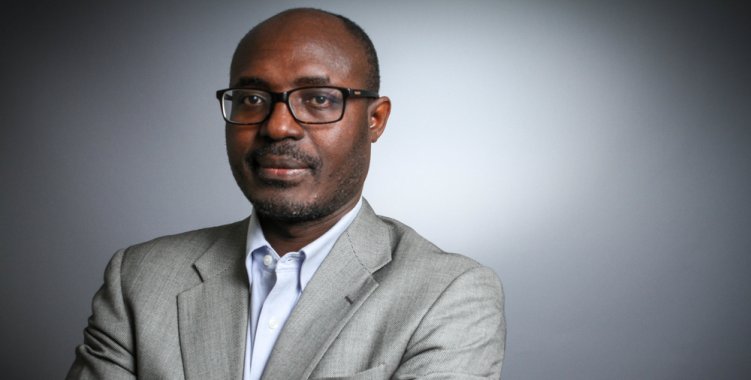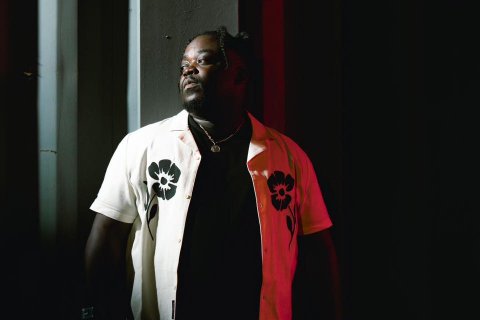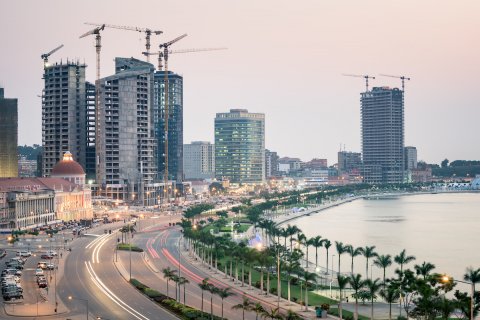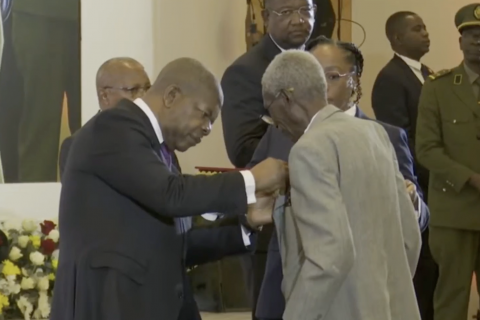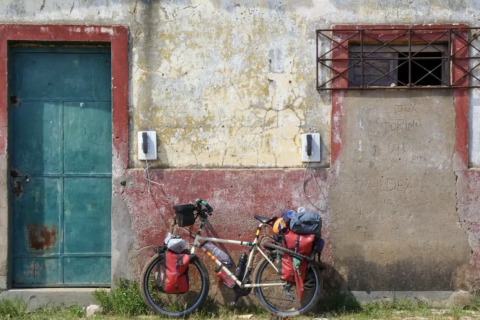The president of UFOLO - Center for Studies for Good Governance, promoter of the conferences on citizenship and security that took place in Cafunfo, about a month after the incidents with the police that caused an undetermined number of deaths and injuries, stressed that there are always conditions for Angolans to understand each other and live in peace.
"We have to remove the obstacles that are at the root of the climate of tension in Cafunfo," he appealed, indicating some factors that need to be resolved, among them the political and administrative lack of definition in a town of 175,000 inhabitants.
"It is not a neighborhood, it is not a commune, it is not a district, it is not a municipality, and, as such, the main state institution is the police station, where citizens tend to turn to for their complaints," he told Lusa.
Because of this lack of definition, he continued, "Cafunfo has been a no man's land," to which dignity must be given.
The fact that Cafunfo has a permanent military brigade leads, according to Rafael Marques, to the police resorting to the army when they are faced with social upheaval, since neither of them are suited to respond to the socio-economic problems of the population.
"Hence, whenever there is talk of a demonstration, there is talk of a police station," he explained.
On January 30, according to the police, about 300 people linked to the Movement of the Portuguese Protectorate Lunda Tchokwe (MPPLT), which for years has defended the autonomy of the region, tried to invade a police station, forcing the forces of order to defend themselves, causing six deaths.
The police version is contradicted by the leaders of the MPPLT, political parties in opposition and local civil society, which speak of more than 20 deaths and claim that it was an attempt to demonstrate, previously communicated to the authorities.
The MPPLT fights for the autonomy of the Lundas region, in the East-North of Angola, based on a Protectorate Agreement signed between Lunda-Tchokwe natives and Portugal in the years 1885 and 1894, which would give the territory an internationally recognized status.
Rafael Marques argued that the elevation of the locality to a municipality, endowed with the structures of this administrative division, would reduce tensions.
He also questioned the fact that a town of this size and with the social problems it has does not have a resident prosecutor who "can guarantee social peace, investigating, inquiring about cases.
"How is it possible to talk about justice?" he questioned, calling for the creation of a court to attend to the cases to be speeded up.
About the lack of benefits of the main wealth of the region, the diamonds, in favor of the population, he said that it is enough to look at the main street of Cafunfo: "There is no asphalt", he observed, stressing that the meeting also served to bring together the local community and diamond companies so that they can resolve the issues that were raised.
Rafael Marques said that the results of the meetings, between Tuesday and Wednesday, were the expected ones, but he considered that it is necessary to get the population used to talk, and to have "tolerance" to listen, although this has not always happened.
Throughout the two days of meetings, there were several moments of dialogue and calm, and just as many moments of agitation, some nervousness and noise that forced the work to be interrupted.
This Wednesday's meeting, where several testimonies on the events of January 30th were scheduled, ended up being cut short due to the tension and noise that arose in the April 4th hall, where 600 people gathered, leaving some citizens who wanted to be heard unsatisfied.
The head of the Department of Policing and Public Order Chief Superintendent Cláudio Tchivela brought a message of conciliation, calling for citizens still on the run in the bush to return and stressing that there is no direction regarding the persecution of people who have been involved in the incidents and that people are free to move around.
"Life has to go back to normal, we know that there is a history of violence, but there is a will to change and resolve things," he assured.
Even so, some young people expressed to Lusa their discontent, complaining of lack of freedom, restrictions to circulation and disrespect for their rights by the authorities.
José Adelino Tchizongo told Lusa that the civil society of Cuango municipality wants solutions in dialogue with the State to find the causes of the deaths.
"Problems cannot be solved without first finding the cause," he stressed, stating that the "manipulation" and "noise" that made themselves felt at the meeting did not allow solutions to be found.
He further asserted that the events of January 30 were due to "suffering."
"We are not rebels, we do not want to divide the country, Angola is one and indivisible. But suffering makes these people take to the streets", he exclaimed.
Linda Moisés da Rosa was also at the meeting, asking for justice for her two sons, who she said were killed a few years ago by private security companies, without anyone being held responsible.
Closing the conference, the Secretary of State for Human Rights, Ana Celeste Januário, said that Cafunfo was, for two days, a space for the exercise of rights and to hear opposing opinions, ideas and interpretations, as well as the collection of some additional information about the events of January 30 and the daily lives of citizens.
He also said that people should claim their rights and help institutions fulfill their role "with zeal," stressing that the Ministry of Justice and Human Rights is committed to following up on these issues.
"We already have a human rights committee in Lunda Norte, and we are working to extend this structure to all municipalities in the province," he said, explaining that it is proposed to create a forum for dialogue where civil society can, more often, present their concerns.
The Ministry of Justice and Human Rights has opened an inquiry to clarify the incidents of January 30, which runs in parallel to the criminal case already opened by the Attorney General's Office.

